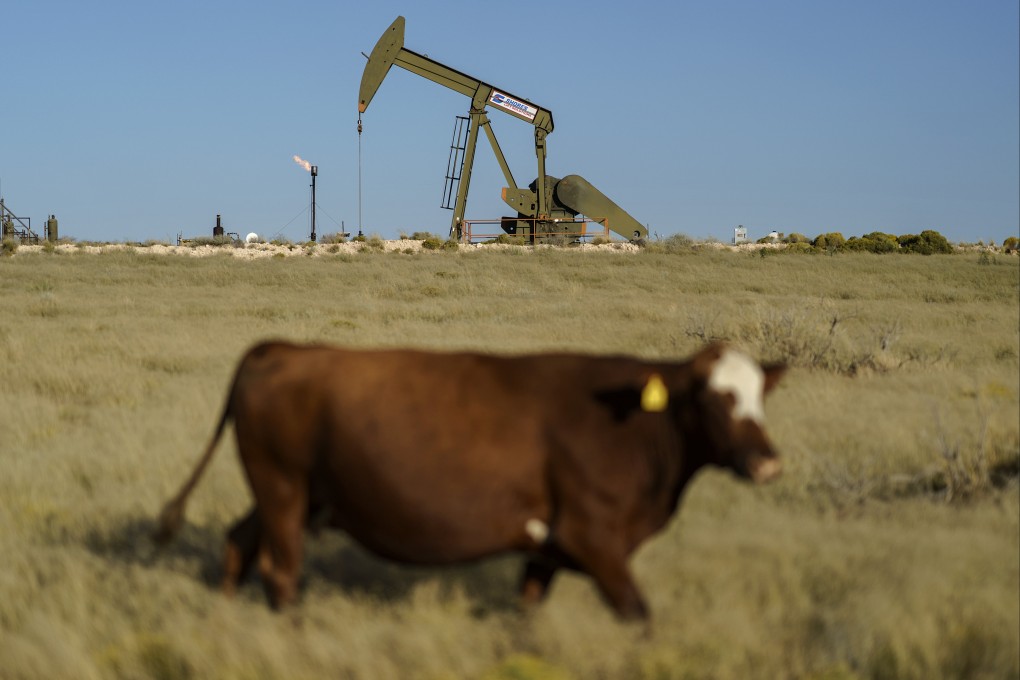Net zero: climate goal will slide to 2060 or later as transition investments fail to pay off, Bain & Co survey says
- Confidence is eroding, as the percentage of executives predicting net zero by 2060 instead of 2050 rises to 62 per cent from 54 per cent a year ago
- Customers’ reluctance to pay higher prices prevents scaling up of transition-oriented businesses, especially amid high interest rates, respondents say

The United Nations’ 2050 goal for net zero carbon emissions is in danger because companies see inadequate returns from investments related to the transition, according to a survey of energy and natural resources executives by US consultancy Bain & Company.
It will be 2060 or later when the world achieves net zero, according to 62 per cent of the more than 600 executives in the oil and gas, utilities, chemicals, mining, and agribusiness sectors, whom Bain surveyed about the energy transition, investment opportunities and challenges for decarbonisation. A year ago, only 54 per cent held that view.
The pessimistic outlook, which is consistent across all regions and strongest among oil and gas executives, exists even though the survey respondents are maintaining or increasing investments in their transition-oriented growth businesses, such as renewables, hydrogen, bio-based products, lithium and other transition commodities.
“Clearly, the longer the executives are at the front lines of the energy transition, the more sober they are getting about the transition’s practical realities,” said Joe Scalise, head of Bain’s energy and natural resource practice, based in San Francisco.

Simply put, customers’ willingness to pay for these investments is a growing issue, according to the survey. “As a result, companies are focusing on projects with a viable ROI [return on investment] path,” Scalise said.